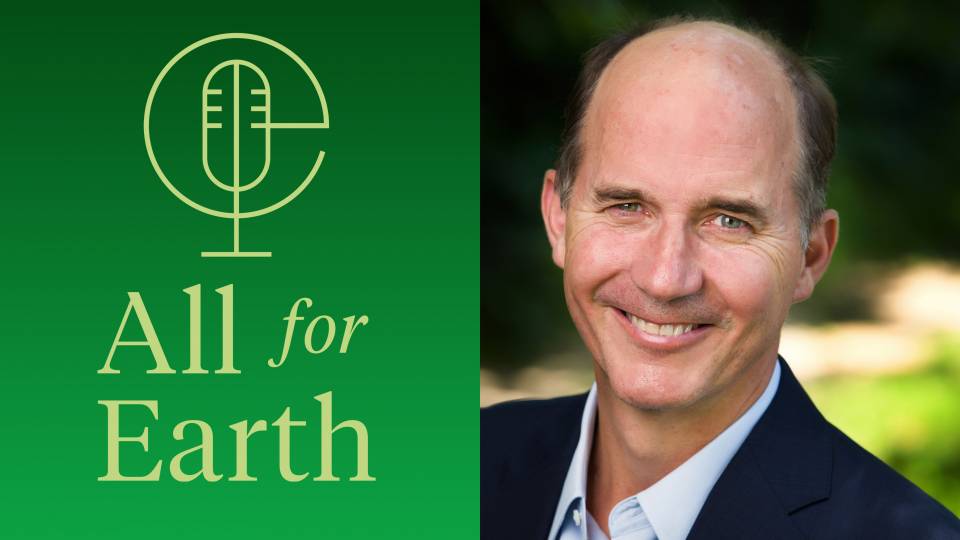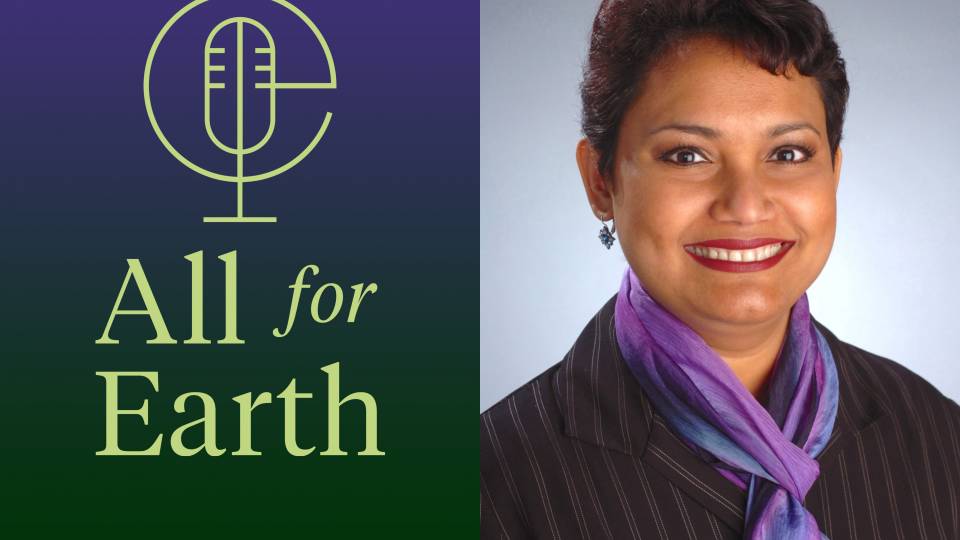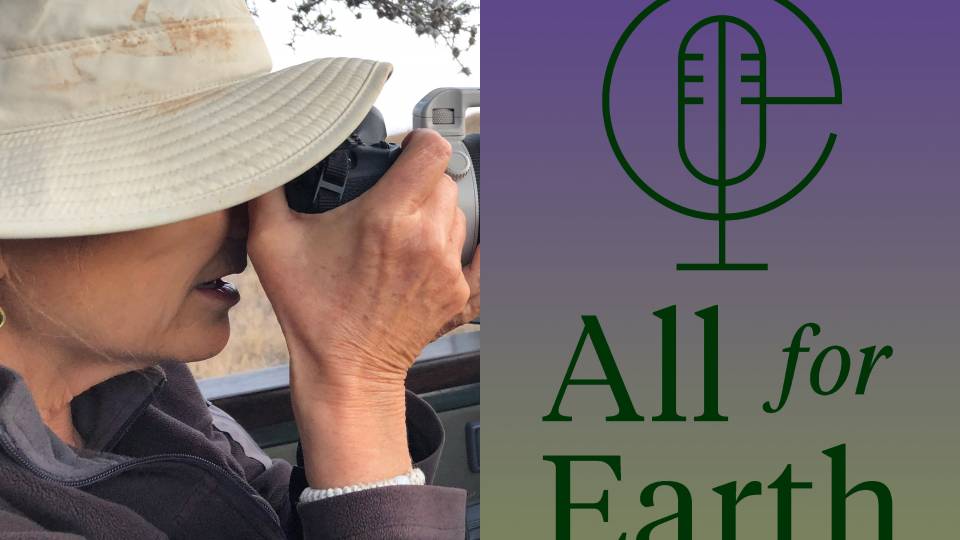Climate change solutions aren’t free, but we know how much saving the planet will cost and we have the money, financial expert Marilyn Waite, a 2006 Princeton alumna, explains in the latest episode of “All for Earth(Link is external).”

Marilyn Waite
Waite, a program officer at the Hewlett Foundation who specializes in climate and clean-energy finance, tells host Catherine Riihimaki that we need approximately $1 trillion annually to meet our global goals for reduced carbon emissions by 2050. That amount is double or triple what we currently spend on clean-energy technologies, renewable-energy storage and carbon dioxide removal. But it also is a relatively small fraction of global capital markets.
The money is in the system, Waite says. More than $100 trillion is sitting in the everyday bank accounts of people and businesses, and another $130 trillion is in asset ownership by pension funds, mutual funds and insurance companies. She also points to almost $2 trillion in private equity funds, roughly $300 billion in multilateral development banks and other financial institutions, and $200 billion in venture capital funds.
“If we can mobilize even 1% of our bank deposits, we would have met that goal,” Waite says. “The problem is not the availability of capital — it’s the pricing of risk, it’s the perception of risk, it’s the short-term thinking that dominates the sector.
“This definitely cannot be solved through philanthropy by itself. What we can do is use our capital in innovative ways to show the market that this is not risky,” Waite says.
At the Hewlett Foundation, Waite works to find ways to change those perceptions. One approach deploys philanthropic capital in innovative ways to show that investing in environmental solutions can be done with profits at the right risk-return. She discusses impact funds, new credit unions, climate finance partnerships, concessional capital and more.
“Climate change provides us with that ‘now’ moment,” Waite says. “We have less than 12 years now to really have an impact and mitigate climate change before we see the worst effects happen. So that provides us with the impetus to solve this.
“I think that we can, this is definitely in reach. We know what we have to do. That’s the good thing about it — we know exactly what we have to do,” Waite says. “I have to be optimistic.”
Waite concentrated in civil and environmental engineering at Princeton and earned certificates in environmental studies and the Woodrow Wilson School of Public and International Affairs.
“All for Earth(Link is external)” is a new podcast from Princeton University delving into the urgency of today’s environmental crises — as well as the effectiveness of the tools we already have to mitigate them. Featuring in-depth interviews by Catherine Riihimaki, associate director for science education in Princeton’s Council on Science and Technology(Link is external), with people leading the race against time to prevent environmental disaster, “All for Earth” is a co-production of the Princeton Environmental Institute(Link is external) and the Princeton Office of Communications(Link is external) in collaboration with the Council on Science and Technology. Episodes are available for free on the podcast’s homepage, or through iTunes(Link is external), Spotify(Link is external), Soundcloud(Link is external) and Google Play(Link is external). “All for Earth” previews a few of the topics and speakers featured in the upcoming Princeton Environmental Forum(Link is external) slated for Oct. 24-25. The conference and the podcast coincide with the 25th anniversary of PEI, the University’s interdisciplinary center for environmental research, education and outreach.






